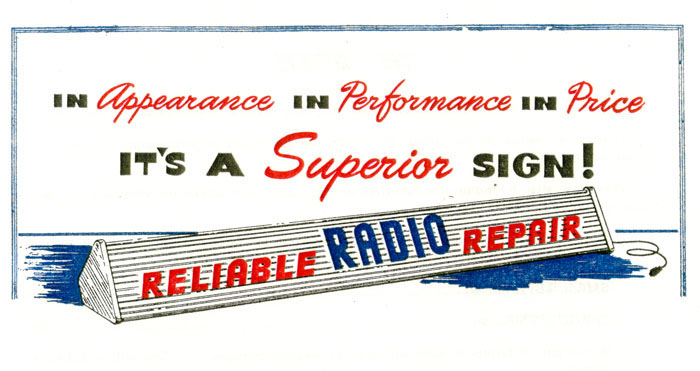From the 1930s onward, Navigators have ministered alongside men and women in their daily workplace contexts. Indeed, during World War II, our main emphasis was among naval personnel on their ships.
After World War II, almost all our contacts dispersed. Many of them enrolled in colleges and seminaries. The small nucleus that remained around Dawson Trotman wrestled with basic questions of our identity and mission. In the immediate post-war years, Daws had no freedom to make our needs known, so that our various workplace initiatives during 1946–1948 can be seen as attempts to stay economically viable.
Several small businesses were launched. For example: Reliable Radio Repair and Superior Sign Service. Roy Robertson moved to Dallas to work in an automobile dealership for his father. Dave Rohrer was “tentmaking up in the valley.” Lorne Sanny tried his hand at selling books.
These early enterprises were examples of “tentmaking,” in line with the Apostle Paul’s practice of his trade when he lacked gifts in money or in-kind.
Daws encouraged the development of productive hobbies. He himself became adept at air-brushing and painting and burning mottoes into leather. His diary records that he spent many hours on perfecting the production of mottoes. By the end of 1946, he was experimenting with sand blasting wood mottoes and, a few days before Christmas, he made his first three sales at five dollars each! He had a very practical cast of mind.
It was Calvin Coolidge, some twenty years earlier, who had proclaimed that “the chief business of the American people is business.” This cultural bias may have influenced our favorite Navigator metaphor in the early days of urging men “to get down to business.”
Taking business in a broad sense, we also supplemented gift income first from producing printed “materials” and then, after the purchase of Glen Eyrie, from conference earnings.
Tom Sorrells, a contributor to our early refurbishing of the Glen, launched Global Communications Services as an electronics business in Colorado Springs, using his radio antenna near Eagle Lake.
Why did we later choose the term “enterprise” rather than business? The dictionary defines an enterprise as “an undertaking, especially one of great scope, complication, or risk.” This term allows us to include for-profit and not-for-profit: consultancies, professional corporations, NGOs, manufacturing—the whole range of goods and services. Also, the choice of this term signals that we want to serve Navigator entrepreneurs, whether or not they are staff.
By Donald McGilchrist
Excerpt from the article titled “Navigator Enterprises”
